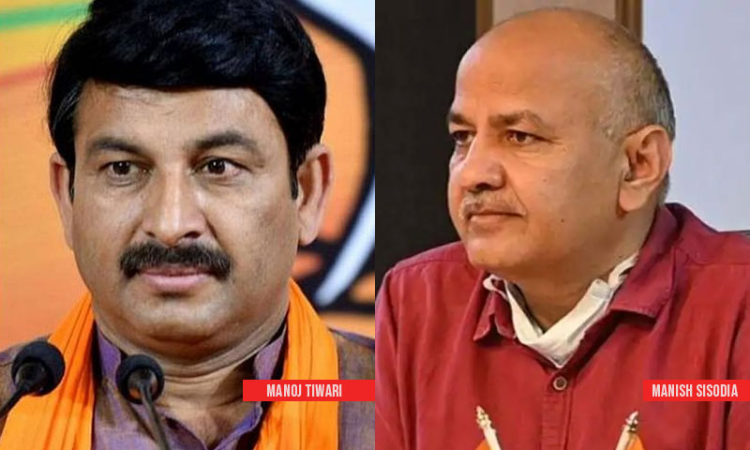Delhi High Court Reserves Order On Manoj Tiwari's Plea Against Summons In Manish Sisodia's Defamation Case
Shreya Agarwal
7 Dec 2020 5:05 PM IST

Next Story
7 Dec 2020 5:05 PM IST
A Single Judge bench of Justice Anu Malhotra of the Delhi High Court today reserved its order on BJP MP Manoj Tiwari's petition seeking quashing of summons issued against him by a Delhi Court in a criminal defamation case by Delhi Deputy Chief Minister Manish Sisodia. The court has also allowed the parties to file their written submissions by the next date. The defamation...
